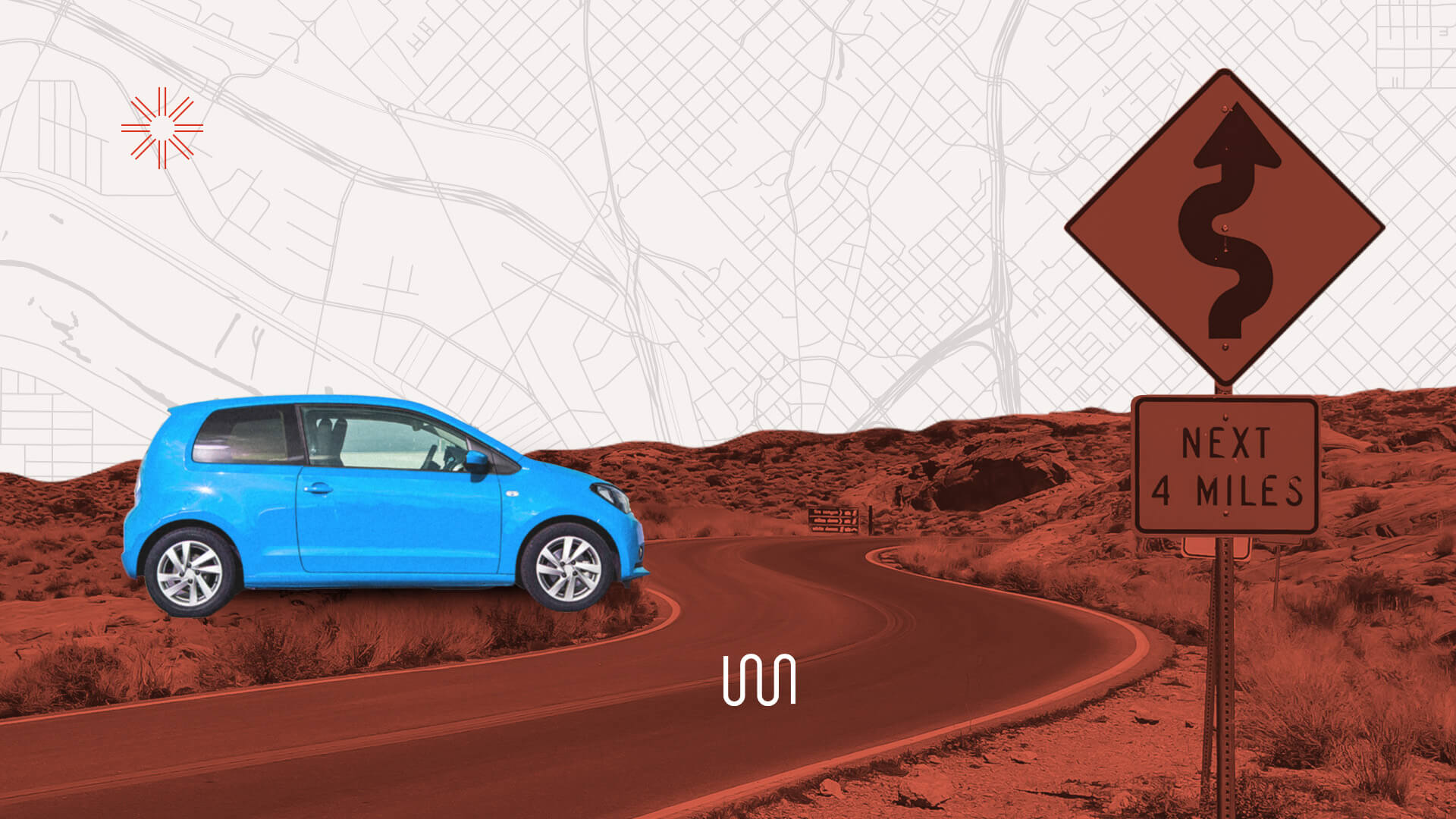
When Acura announced it created a new dealership in March 2022, it made more headlines than the standard launch. That’s because, instead of building the dealership in the real world, Acura created a virtual presence in the metaverse. Dubbed Acura of Decentraland, it was the first virtual auto showroom within the 3D meta-universe.
The meta-dealer promoted the launch of the Integra, set to release in 2023. Within the digital dealership, virtual shoppers could enter, check out different features of the vehicle, browse wearables developed specifically for the metaverse, and place a pre-order for the Integra. The first 500 buyers could also claim a non-fungible token (NFT), designed by 3D artist Andreas Wannerstedt, which depicted the Integra in a unique way.
The dealership proved valuable. Acura easily sold out of the NFTs, and it provided an experience that offered quality advertising for the upcoming launch. But what can other dealerships take from the experience? Will the metaverse become the car sales platform of the future? Or was this a one-time splash?
Dealers can take inspiration from Acura's cutting-edge digital experience to build their own virtual experience that will help boost sales now and in the future. Here’s how.
Incorporate unique experiences
The metaverse is a trendy term for the concept of a virtual world where users can go, interact with people across the globe, buy products, enjoy experiences, and build upon their purchases (both in the metaverse and in the real world). Platforms like browser-based marketplace Decentraland allow users to trade real money for virtual real estate. The amount of virtual land bought in the digital space reached $500 million in 2021, a number that could nearly double to $1 billion this year, based on an analysis by the investor and analytics firm MetaMetric Solutions.
This digital land rush has brought in brands looking to gain sales from the increased user base of the metaverse. In the real world, where people enter dealerships, they get an experience by looking at the cars, test driving, and then deciding to purchase. In the metaverse, dealers must build experiences that match what such a user would want. Customers aren’t solely looking to buy, but also wanting to be entertained. It’s why, among the different pieces of the Acura dealership, they also gave anyone who entered the opportunity to play a virtual racing game: Best That.
“We’re looking at this as a way that digital is supporting our marketing efforts, where we want to attract the next generation of premium buyers,” said Meliza Humphrey, senior manager of Acura marketing in a conversation with MarTech. “In the process of learning from other campaigns, we are completely captivating a digital hub in the metaverse.”
Acura saw this as a tactic to build publicity. By having experiences within the design, they could encourage enjoyment, beyond the simple push to sell a single car.
Utilize NFTs
Another important factor in the digital experience Acura developed was the use of NFTs to encourage real sales. But the experience went beyond the initial NFT.
While the first 500 pre-buyers of the Integra received an NFT from the artist, Wannerstedt, the NFT itself is more dynamic than that. When the same users receive their Integra in 2023, the NFT will change into a unique design. This allows the NFT to become a symbol of Integra (and therefore Acura) moving forward, while also increasing the token’s uniqueness as time goes on. By doing so, customers will have a one-of-a-kind NFT, which they can hold onto or sell. One user even reportedly tried to sell the NFT for about $37,000 in the cryptocurrency ethereum.
This tactic creates something that users can cherish, but also remember. It builds in brand awareness and retention. Plus, it’s a feature that’s unique to digital instead of a real-world feature that Acura tried to fit in the virtual space. If the current NFT offering proves useful and valuable, then when Acura does something similar in the future, more people are apt to seek it out.
When working on your own digital showroom, provide a feature like an NFT, that can create value beyond the metaverse that is still unique to the virtual world. This gives customers a buy-in to the brand, spreading your dealership’s value.
Cross-promote in real life
Acura did not wait for people to find the dealership in the digital space. Instead, they cross-promoted the initiative on many different outlets in real life, including a big push during the television broadcasts of college basketball’s March Madness tournament. This included digital displays on platforms such as ESPN.com and CBSSports.com.
This moved the awareness of Acura, the Integra, and the digital showroom to viewers that did not know about the metaverse or have much interest. Even if they didn't log in, Acura caught their attention. This attention is an important aspect of any digital campaign. The goal of the campaign will dictate how to advertise in the real world, but doing so will help ensure actual sales from the launch.
Turn it into real sales
The goal from the campaign for Acura was brand awareness, but without real sales, awareness doesn't matter much. The hype and features around the campaign needed to lead to customers reserving the product.
While these campaigns in the digital space may feel as if they lack any sales metrics, they should always incorporate sales in some way – even if there’s a long tail before the final purchase. If the campaign lacks such aspects, question its value. Sure, it’s important to be in the digital or metaverse world. But it’s far more important to have a plan for revenue.
By pushing into the digital world, however, you and your team can build metrics about users and find features that draw customers to your brand. These tools can then be used to better market and sell the vehicles, producing real world results. It’s what the digital car-buying process can provide: a clear line of sales, from the initial entry point to the final purchase.
By incorporating the right tools and technology, digital showrooms can even improve the tactics that your dealers use in real life. If that results in stronger revenue? Then it’s a success in the real world.



